Tsinghua University hosted the Global Forum of University Presidents (GFUP 2021) on April 24, the eve of its 110th anniversary, bringing together university leaders from all around the world to discuss the future development of higher education and the evolving mission of universities during periods of rapid change.
The theme of the Forum was “Innovate for the Future: Vision and New Mission of Universities.”
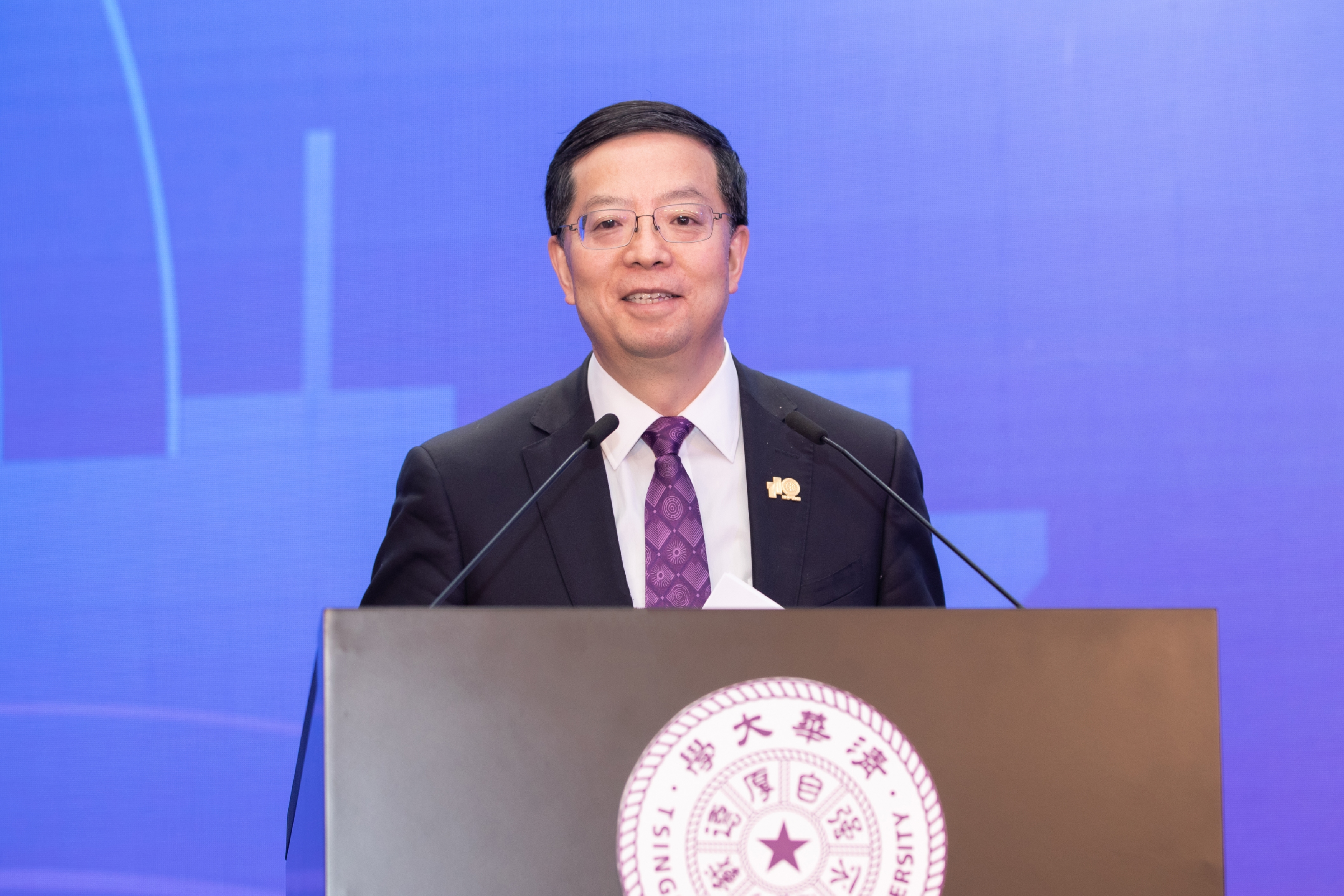
Tsinghua University President Qiu Yong, delivering his remarks at the GFUP 2021, thanked all the university leaders for joining the Forum at Tsinghua and online around the world, and said the Forum brought university leaders together in the spirit of celebration, collaboration and as leaders of a shared future.
He said that the Forum was held as Tsinghua celebrated its 110th anniversary as the occasion offered a good time to explore the past, present and future of the University’s development, and to celebrate its collaborative achievements with its cherished global partners.
He underscored that the Forum had addressed the complexity of higher education, sparked a collaborative spirit in pursuit of greater synergy among universities, and enhanced the capacity of universities to define and redefine their collective vision and mission.
“In the last sixteen months, higher education has been tested by a once-in-a-century pandemic. But Covid-19 has only added to a long list of severely disruptive global challenges, like climate change, social inequality, and the threat to international collaboration and exchange,” he said. “Through this test, we now understand the effort needed to overcome threats of this magnitude and we have proven that even closer collaboration will be needed to overcome future challenges.”
The President said Tsinghua, like universities around the world, lives out the spirit of cooperation and service, and bravely takes on responsibility, as he gave an overview of Tsinghua’s 110 years of history and its collaborative initiatives with international organizations and other global partners in the fields of public health, climate change and online education.
Reflecting on the vision and new mission of universities, President Qiu pointed out three mandates for universities: to remain steadfast in cultivating their values and identity, to remain connected with each other, and to remain focused on the future by embracing innovation.
President Qiu expressed his belief that more open, integrative and resilient universities would promote inclusive environments to address the challenges of this new era, break through physical boundaries, disciplinary barriers, and technological limitations to make greater contributions to society, and demonstrate their resilience by continuing to thrive as one of the oldest institutions in existence.
“I am convinced that universities will play an irreplaceable role in tackling global challenges, and will make humanity better prepared for future crises, by creating knowledge, striving for innovation, and cultivating leaders and change makers,” he added.
President Qiu said it was inspiring to see that the Forum’s outcomes had been articulated in the GFUP Tsinghua Consensus.
He expressed hope that the Consensus would serve as a new starting point, guiding the vision and mission of universities to carry forward the excellence and innovation that they have represented for a millennium.
He concluded that the contributions made by all participants and supporters of this Forum had led to a great anticipation of the lasting impact which this Forum would leave for future generations.
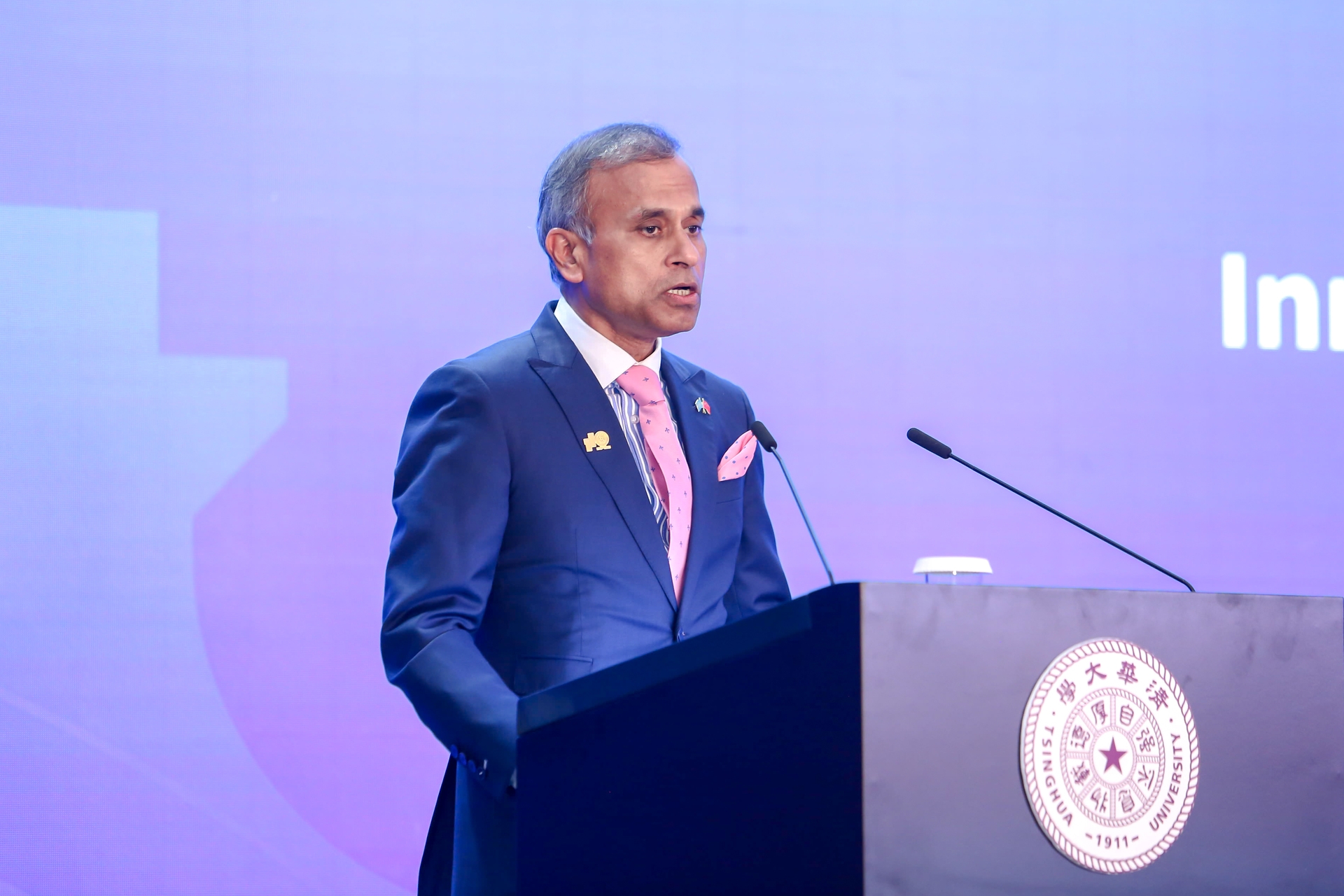
Siddharth Chatterjee, United Nations Resident Coordinator in China, who also attended the Forum’s plenary session on-site, announced a congratulatory letter from United Nations Secretary-General António Guterres to the GFUP 2021.
In his message, Guterres stated, “The United Nations looks forward to continued partnership with universities and educators worldwide as we work together to make multilateralism fit for the 21st century, and to build a more equitable, resilient and sustainable future for all.”
“After a year of enormous suffering, today there is palpable hope thanks to the rollout of vaccines. Our focus must be on ensuring that everyone, everywhere, can be vaccinated as soon as possible,” Guterres said. “Recovery is our chance to get on track with determined efforts to build inclusive economies, achieve gender equality and safeguard the natural environment.”
The UN Secretary-General also mentioned that universities have a central role to play in addressing longstanding global challenges, by nurturing new generations of young leaders and global citizens, by promoting digital cooperation, and by helping to ensure access to quality education.
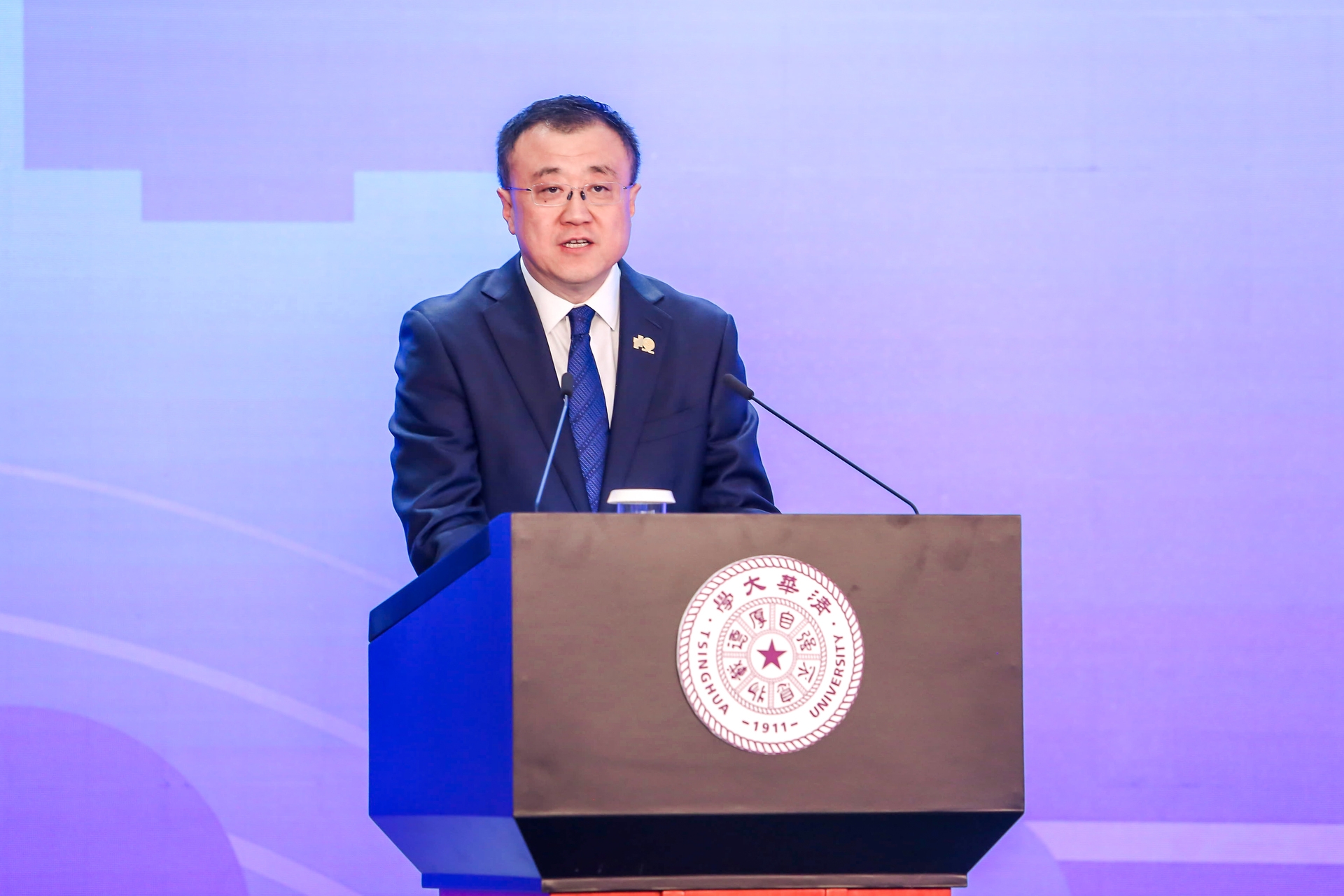
Tsinghua University Vice President and Provost Yang Bin moderated the opening of the GFUP 2021’s plenary session and read the GFUP Tsinghua Consensus.
In the Consensus, they maintain that the world is facing new challenges, which include: public health crises, equitability and access, sustainability and climate change; and new uncertainties from the innovation of educational models through technological advancements.
To meet these challenges, universities must undertake greater social responsibility by becoming more open, more integrative, and more resilient, according to the Consensus.
“We hereby pledge our shared commitment to accelerate the development of higher education by fostering greater openness, integration, and resilience in our institutions,” it concludes.
Afterward, the plenary session of the Forum saw two thematic discussions on the topics of “More Open Universities” and “More Integrative and Resilient Universities” respectively. Each thematic discussion featured speeches from university leaders around the world, followed by an insightful roundtable discussion.
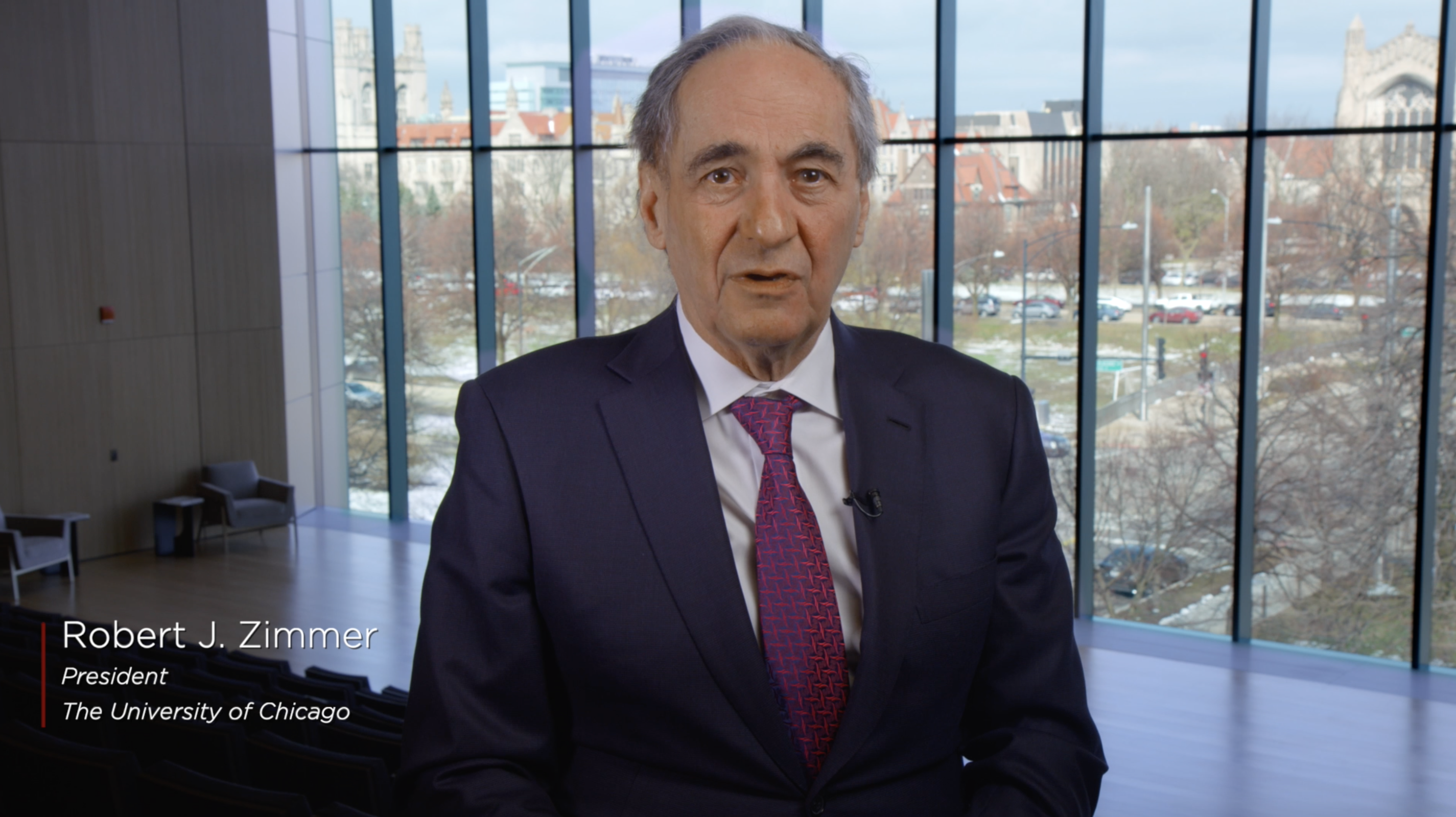
During the first thematic discussion, Robert J. Zimmer, President of the University of Chicago, said that the increasing scale and complexity of societies’ problems required universities and their partners to take a more open and integrative approach, utilizing knowledge and expertise from across the disciplines and building partnerships that bring together the power of public and private universities, government and industry in a way that amplifies the collective strengths of each partner.
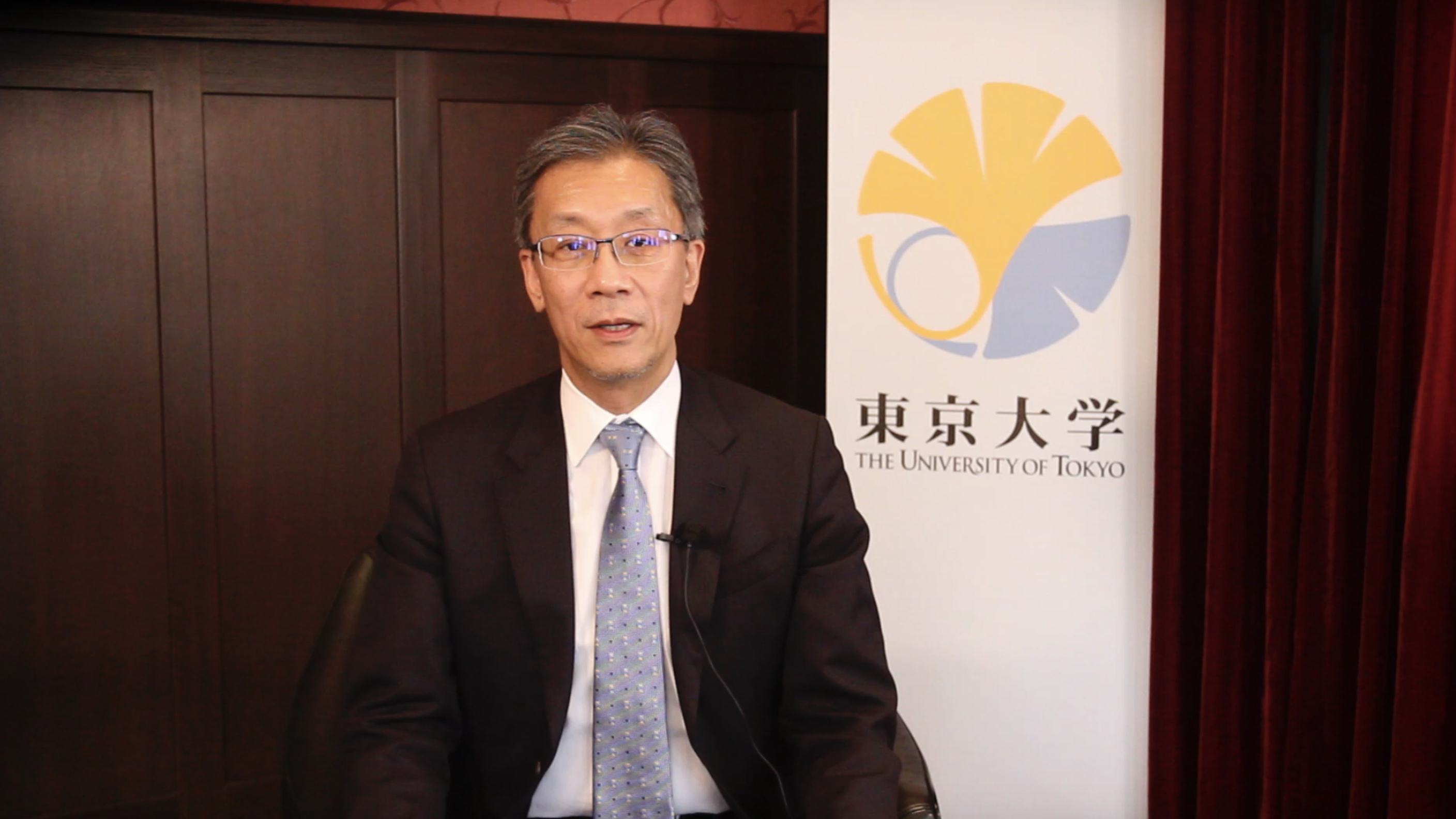
Teruo Fujii, President of the University of Tokyo, said he saw the forced transition to carrying out a lot of activities online following the spread of Covid-19 as a new opportunity. “I hope that we will be able to improve the quality of the ‘time’ used by the members of the university by realizing a ‘digital campus’, and by promoting digital transformation in a variety of fields, including research, teaching and office work,” he added.
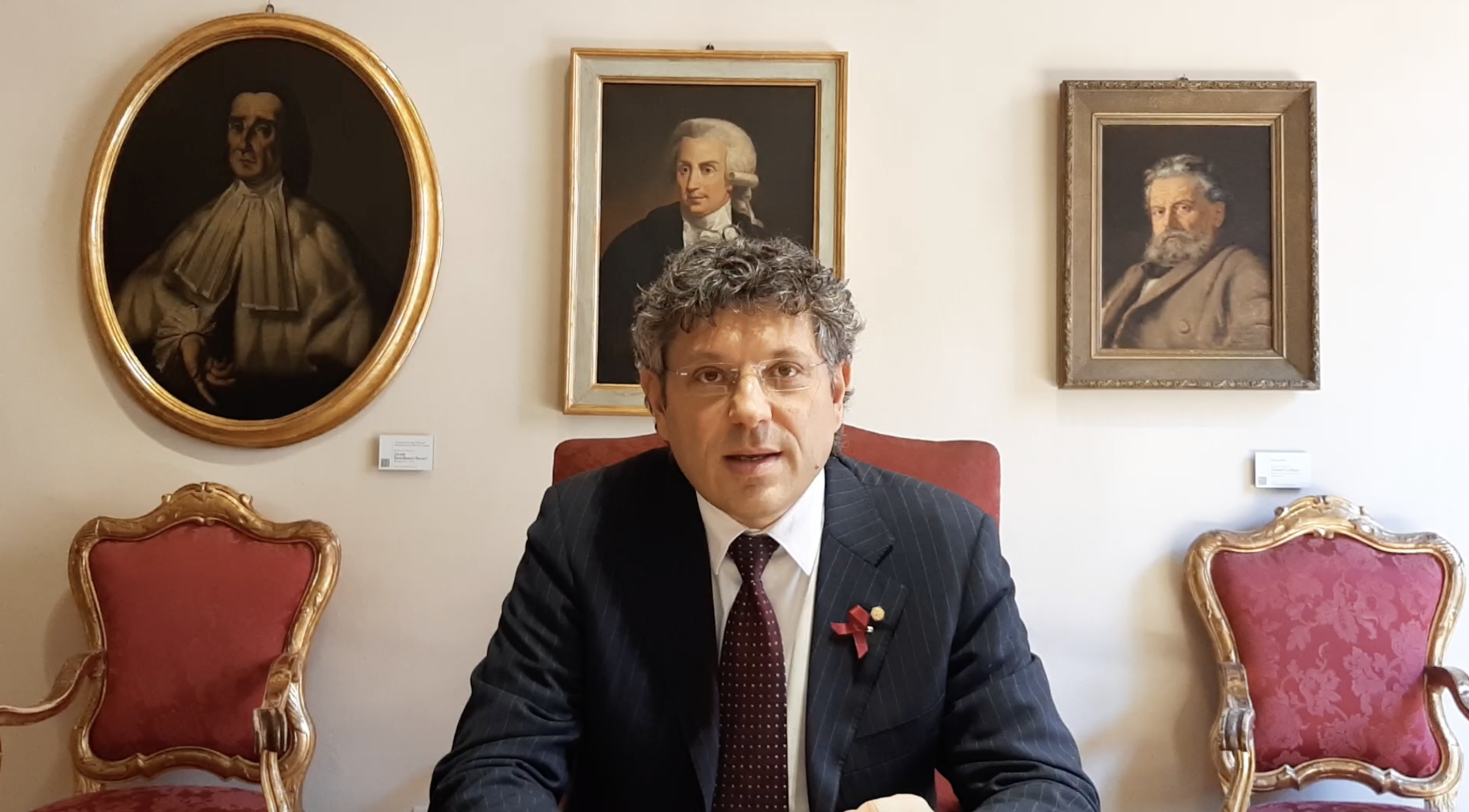
Francesco Ubertini, Rector of the University of Bologna, put forward the view that more open universities are a global need.
“Alongside openness, engagement is key – engagement with society towards a sustainable future. Being engaged in socially relevant projects and processes is the only way for universities to bring real change and to lead the way for a better future that will impact on everyone’s life,” he added.
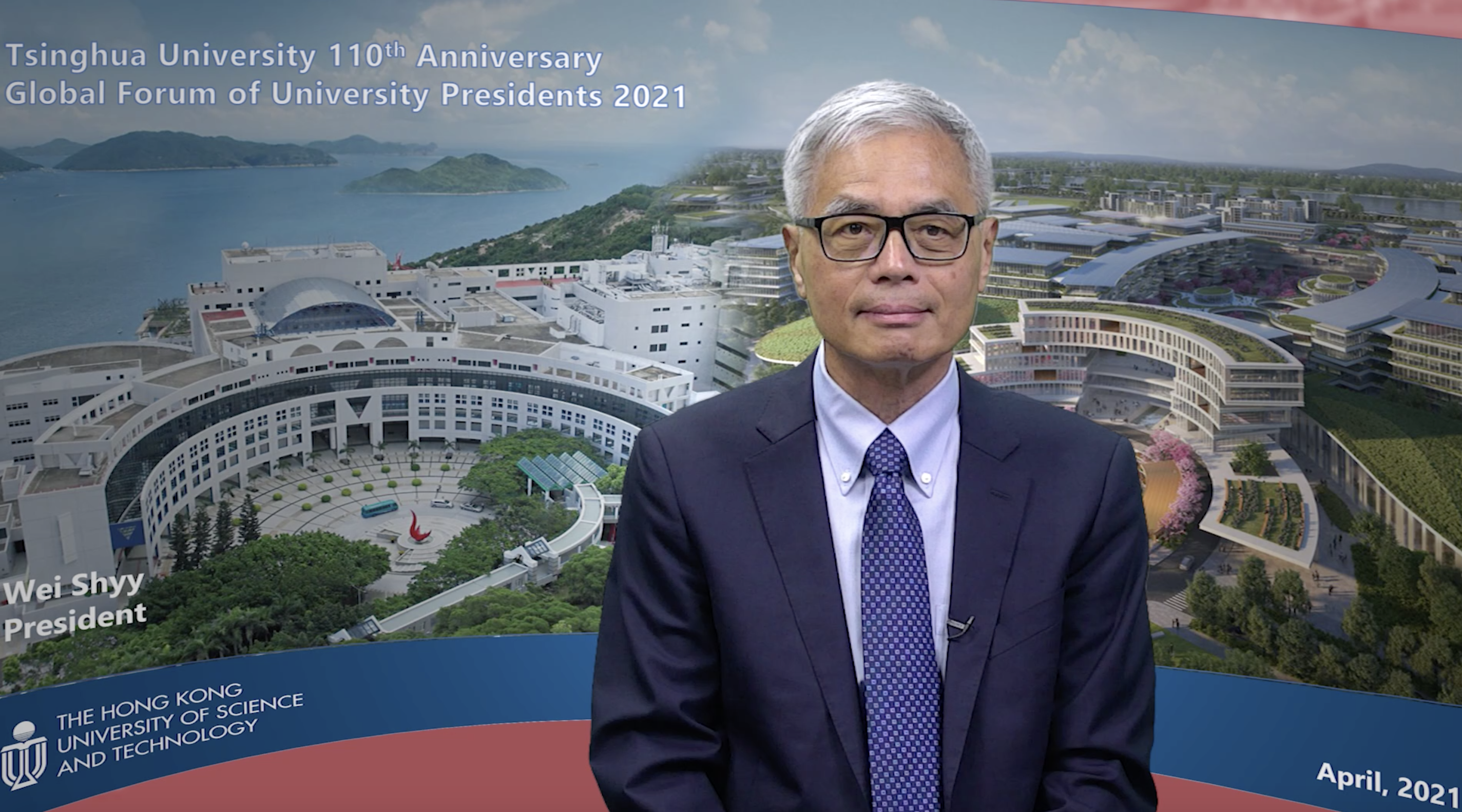
Wei Shyy, President of the Hong Kong University of Science and Technology, said that universities need to have a very strong commitment in terms of mission and courage to pursue even within academic institutions so they could join hands in helping solve and respond to world problems, and this should be cross-disciplinary both in nature and by definition. He also shared his university’s efforts to transform its campus as a sustainable smart campus and as a living lab.
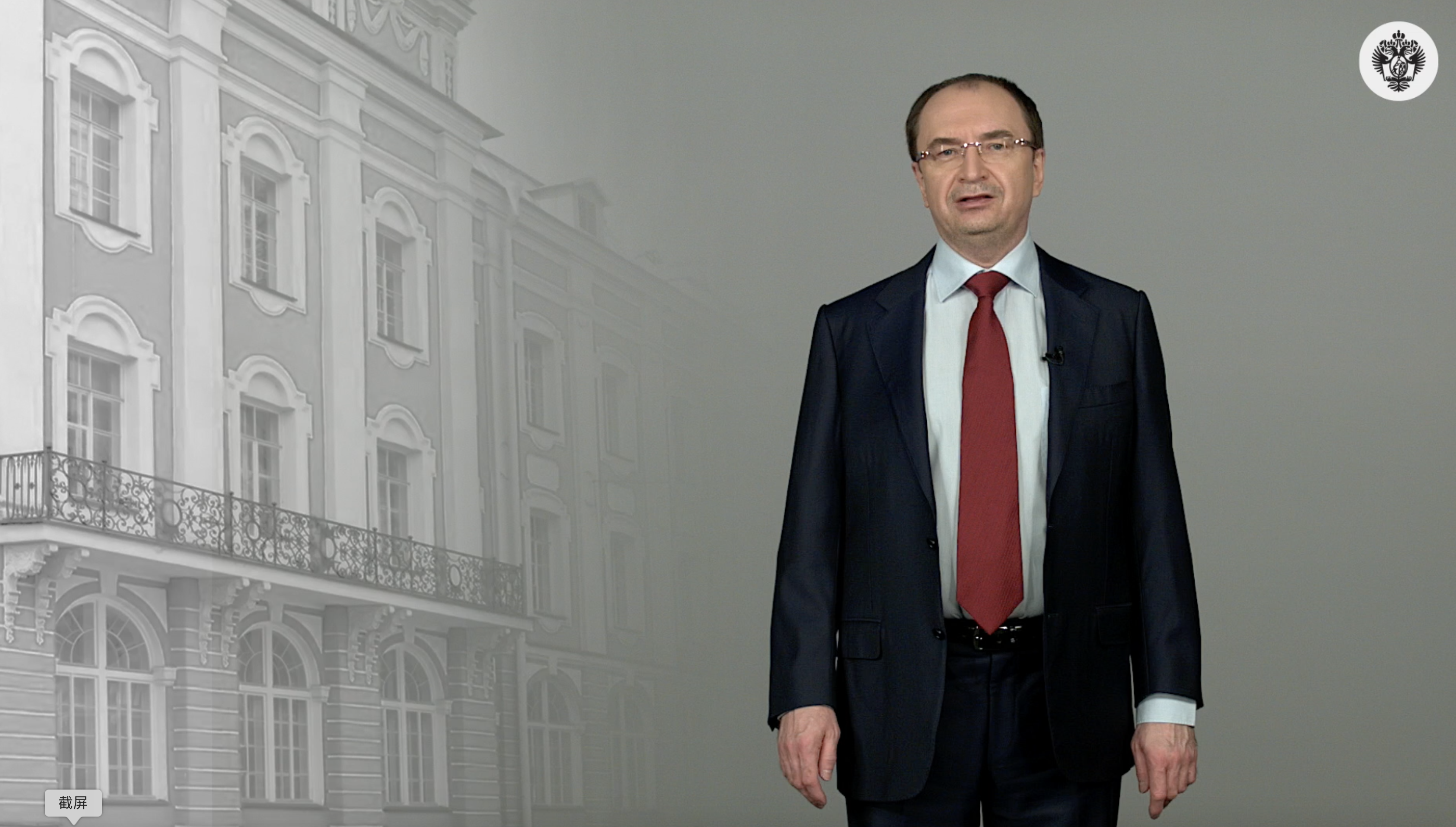
Nikolay Kropachev, Rector of St Petersburg University, said that comprehensive universities played a special role in the educational system of any country to advance national innovative and technological potential, making the best national universities competitive in the global research and academic space. Talking about the cooperation between St Petersburg University and Tsinghua, he said, “I’m proud to mention that St Petersburg University online courses are our contribution to the activity of the Global MOOC Alliance. We have become members and co-founders of the Alliance following the invitation of Tsinghua University. Our courses were the first among the courses by Russian universities represented on the Chinese platform XuetangX.”
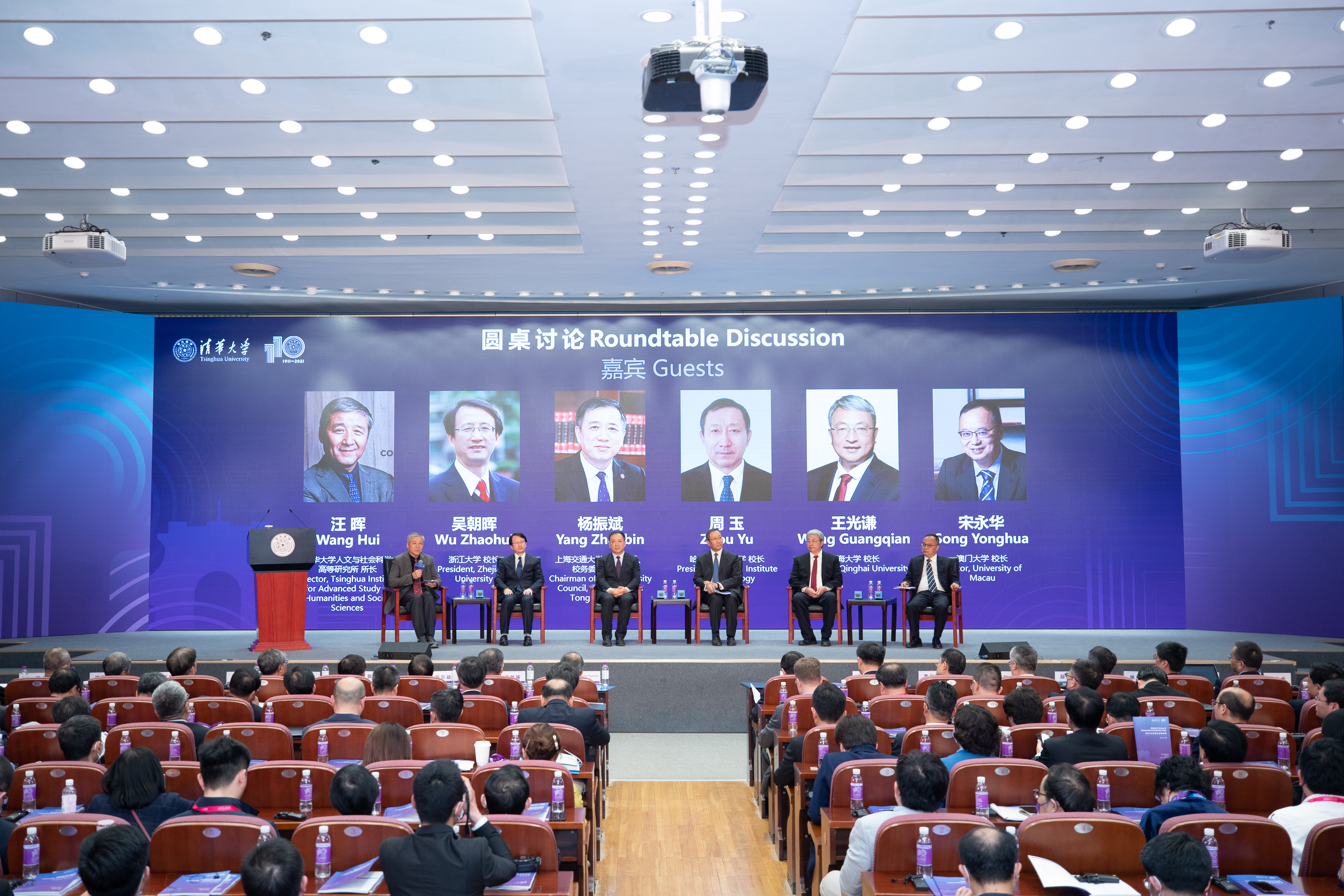
After their speeches, Wu Zhaohui, President of Zhejiang University, Yang Zhenbin, Chairman of the University Council at Shanghai Jiao Tong University, Zhou Yu, President of the Harbin Institute of Technology, Wang Guangqian, President of Qinghai University, and Song Yonghua, Rector of the University of Macau, took part in the roundtable discussion of the first thematic discussion. Wang Hui, Director of the Tsinghua Institute for Advanced Study in Humanities and Social Sciences, was the moderator.
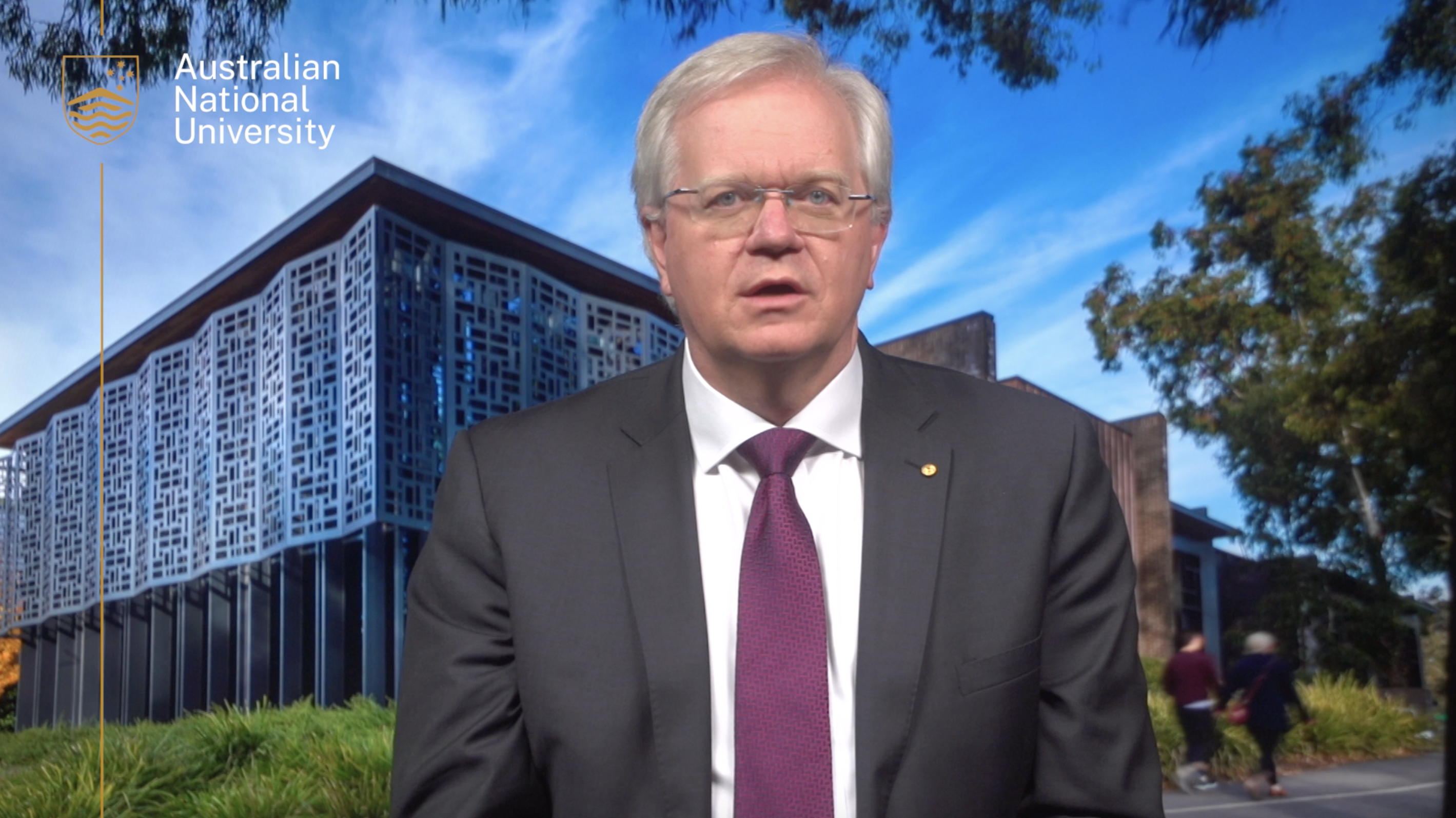
During the second thematic discussion, Brian P. Schmidt, Vice-Chancellor and President of the Australian National University (ANU), remarked that universities have an important role in responding to a crisis – to help shape and build resilience in society. He also said that that there must be no delay in addressing climate change and the establishment of the Global Alliance of Universities on Climate in 2019 was an important partnership for universities to lead the world towards a greener future by collaborating and working together.
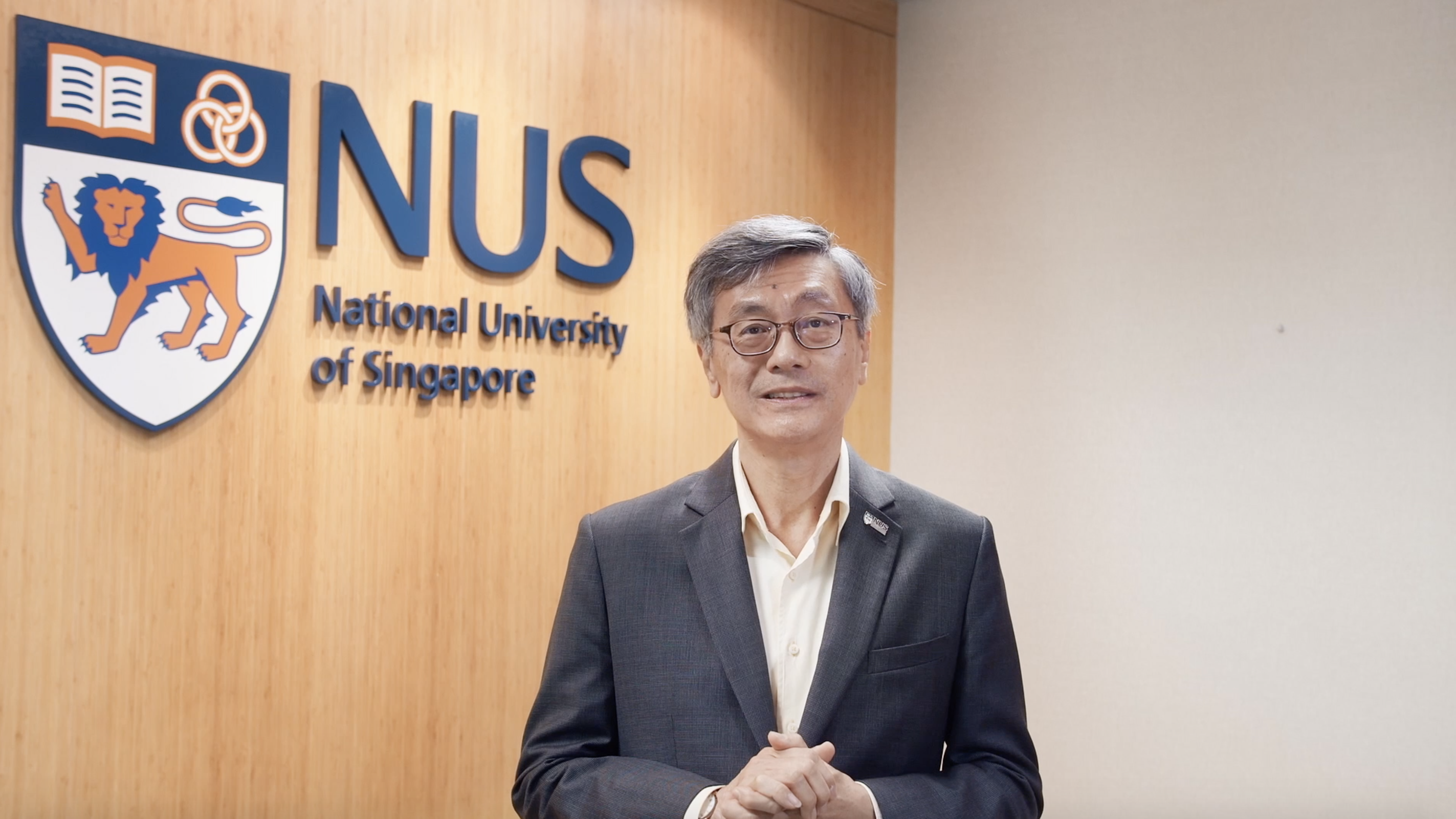
Tan Eng Chye, President of the National University of Singapore, said that as the world recovers and rebuilds itself following the pandemic, there was growing public support that issues such as sustainable development, equality of opportunity, and the well-being of individuals and the community should take priority. “To meet these challenges, universities will have to transform and innovate successfully. By doing so, we will increase our resilience and dynamism, and increase our contributions to society,” he added.
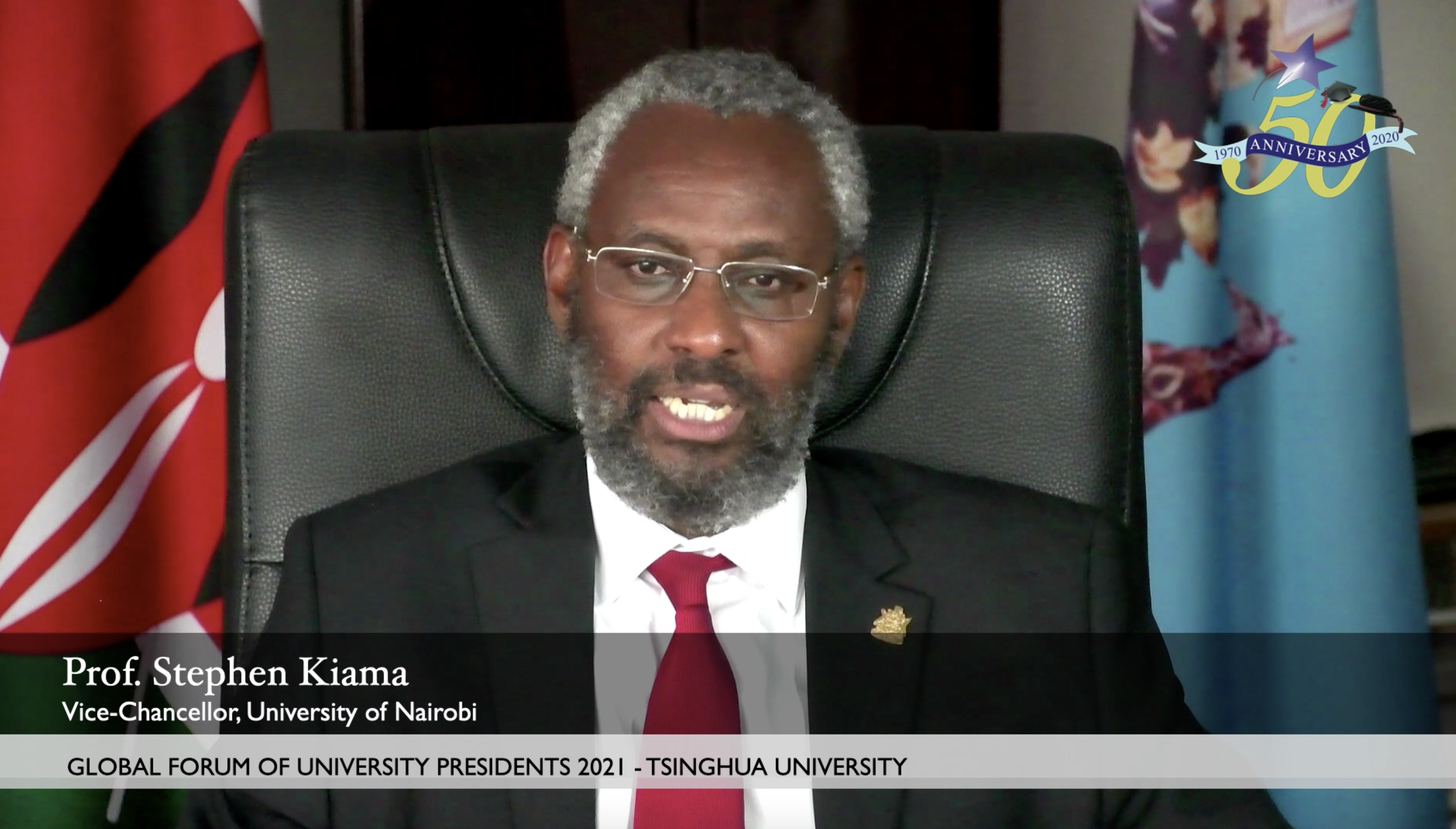
Stephen Kiama Gitahi, Vice-Chancellor of the University of Nairobi, said that building resilience in universities required global partnership, and collective global responsibilities where various universities brought in their unique strengths and engaged together in developing sustainable solutions to addressing global challenges. He added that higher education institutions should harness the opportunities of the technological age, and pass the benefits to all through enhancing access, equity and collaboration.
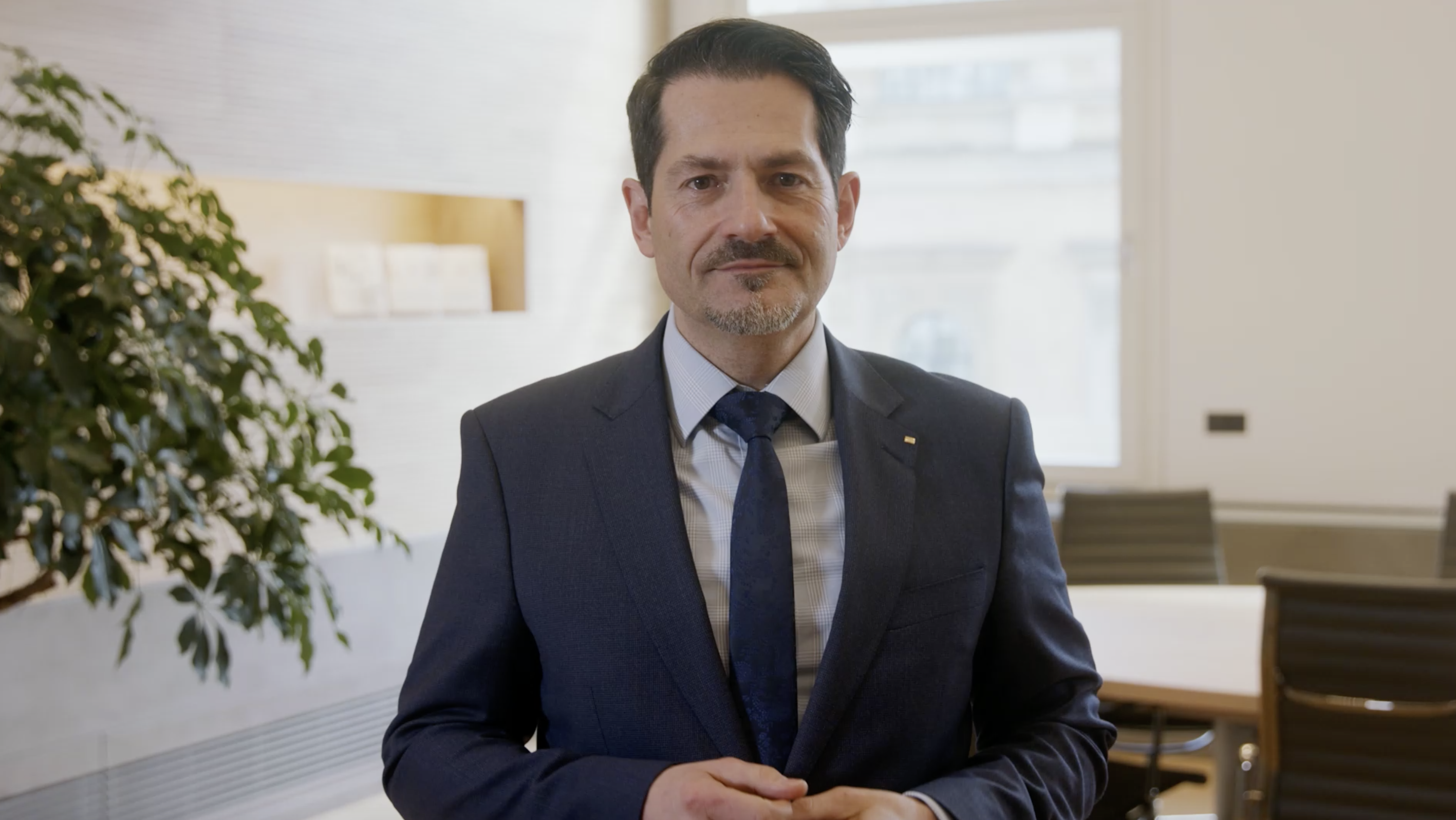
Thomas F. Hofmann, President of the Technical University of Munich, said he was confident that universities would become more integrative, inclusive spaces of encounter between people, their ideas and the society of the future as they further engaged in global knowledge creation and nurtured a more diverse community. “Let us join forces along these lines so that we can best contribute to technological, economic and societal progress,” he added.
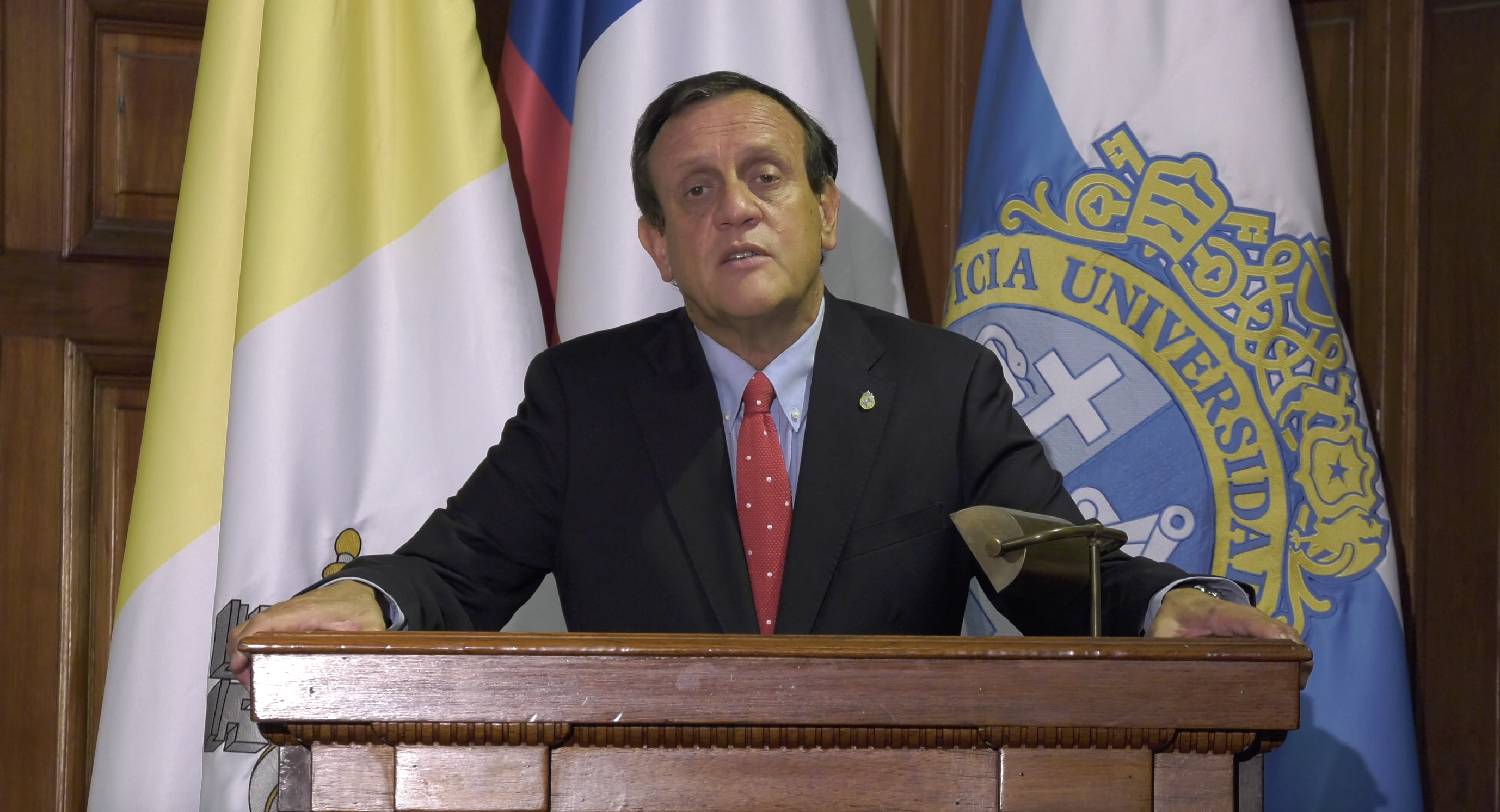
Ignacio Sánchez, Rector of the Pontificia Universidad Católica de Chile, addressed the issue of "more integrative universities" by highlighting evidence of the Chilean university system's integrative and collaborative qualities during the pandemic. The only way to this challenge was acting in collaboration, as a team, as a work team that started from collaboration between professors, researchers and whole institutions, he added.
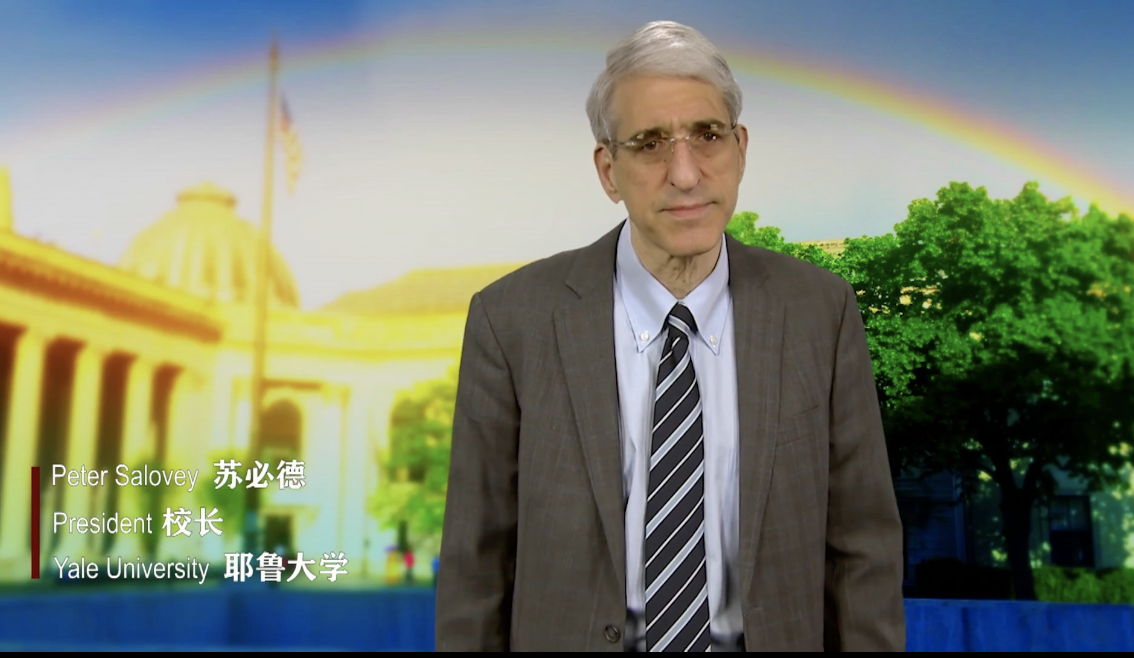
Peter Salovey, President of Yale University, shared several examples from his university in creating a more integrative university.
“Tsinghua and Yale, for example, have a master of science in environmental engineering, a dual degree program. It allows students from both of our universities to bolster their skills in environmental policy and management, and enhance their expertise in the key areas of environmental engineering,” he said. “Universities create knowledge and prepare leaders so we can solve urgent problems we face as a global community; and integrative approach is crucial to our success, it fuels discoveries that improve lives today and in the future.”
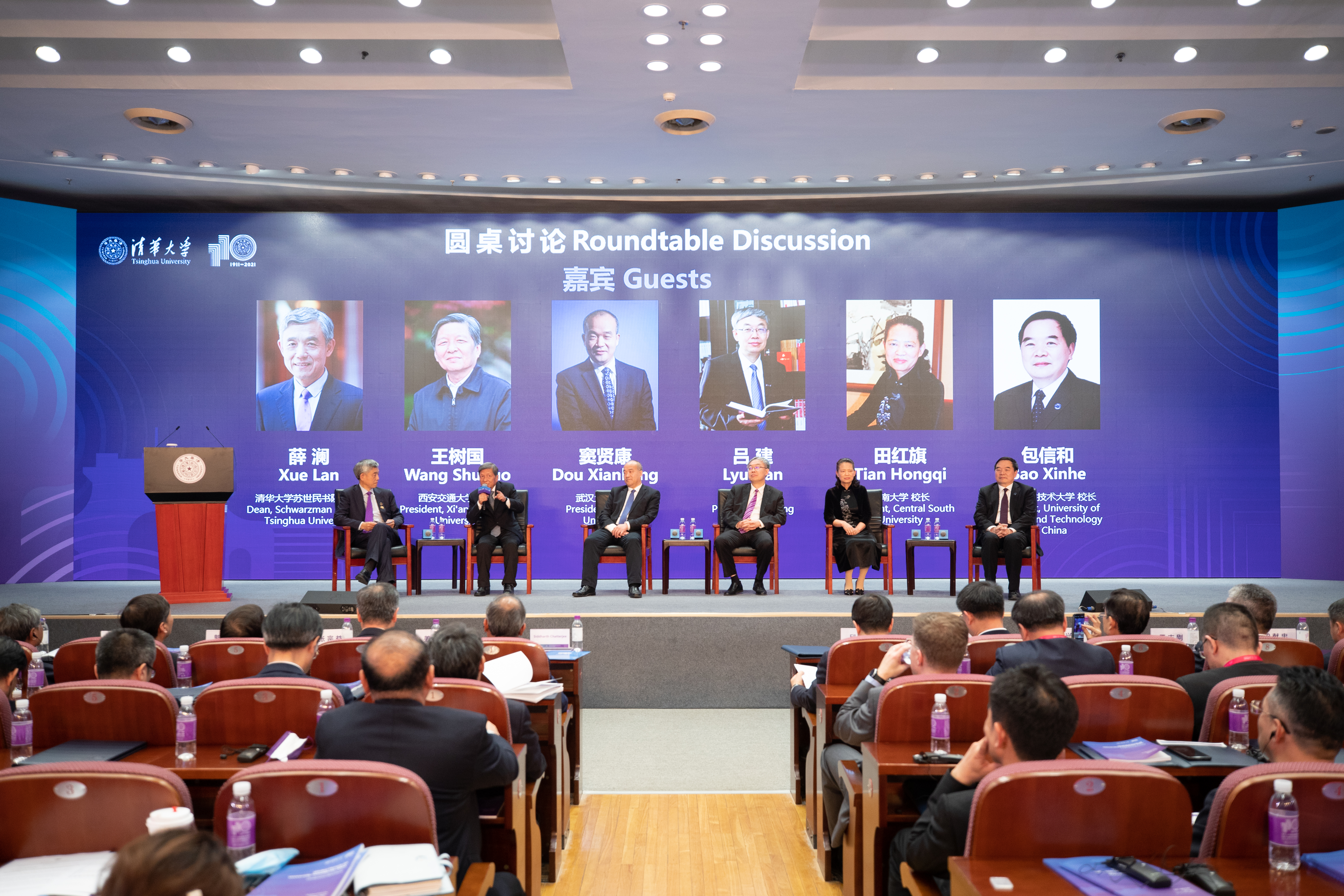
In the roundtable discussion that followed, Wang Shuguo, President of Xi'an Jiaotong University, Dou Xiankang, President of Wuhan University, Lyu Jian, President of Nanjing University, Tian Hongqi, President of Central South University, and Bao Xinhe, President of the University of Science and Technology of China, exchanged their views. Xue Lan, Dean of Schwarzman College, moderated it.
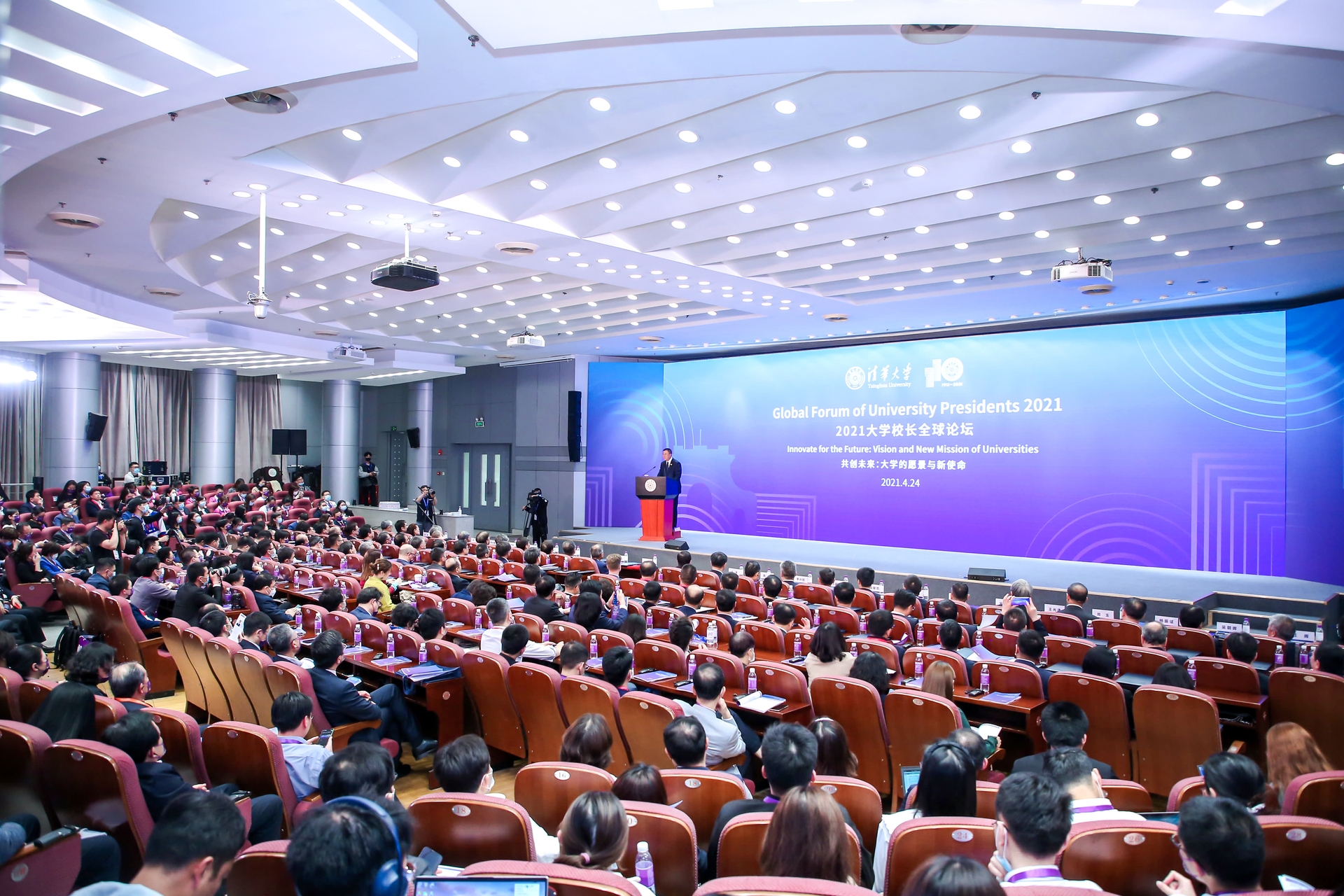
Before the GFUP 2021 culminated in the plenary session, four sessions were held from April 19 to 23. The first session was held with the theme of “University as a Cultural Space: Looking Back into the Future,” the second with “Global Carbon Neutrality: Universities’ Responsibility and Action,” the third with “Rethinking the Future and New Mission of Online Education,” and the fourth with “Global University Leadership” respectively.
The GFUP 2021 brought together leaders and representatives from more than 330 universities worldwide, 77 international organizations, academic institutions, university alliances and industry partners. Likewise, over 300 representatives from leading Chinese universities and high schools attended the Forum on site.
The Forum was broadcast live on Tsinghua’s multiple social media platforms.
Writer: Sangeet Sangroula
Editors: Li Han, John Olbrich, Cassie
Photo: Li Pai, Liu Shutian

